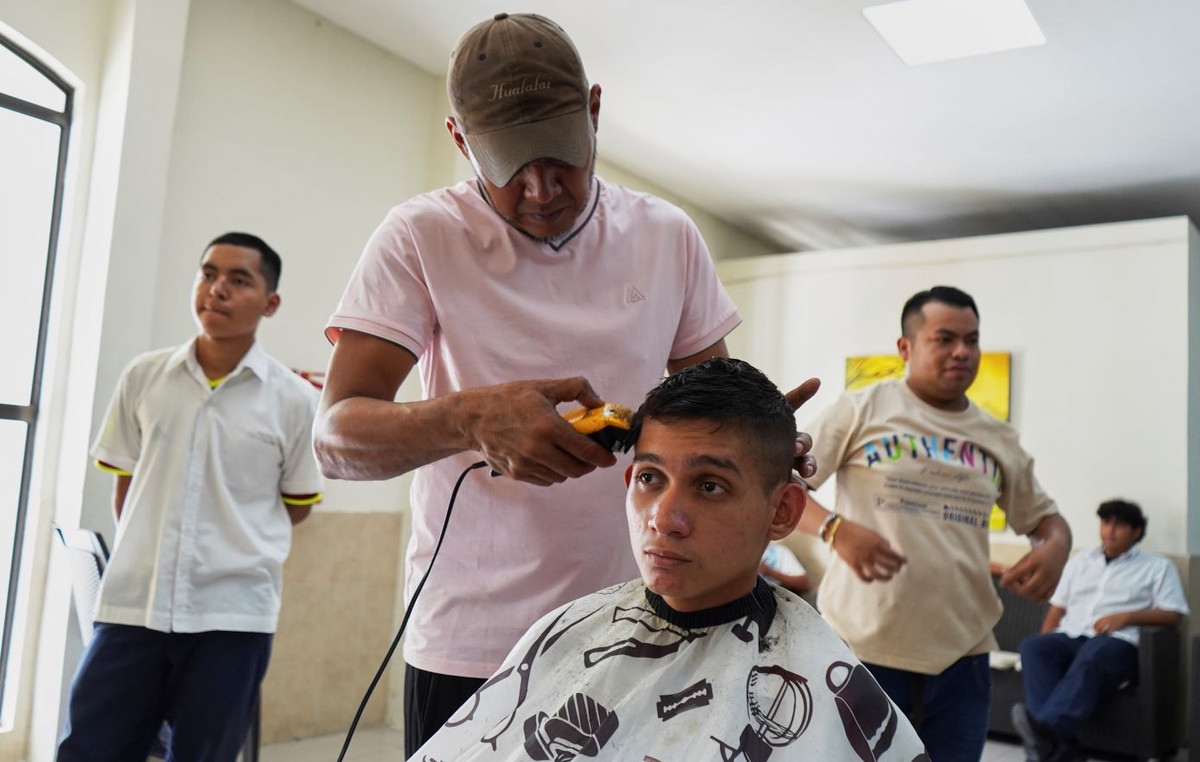The World Health Organization (WHO) recently stated that the severity of Covid-19 should gradually decrease. As a result, Brazil and some other countries have been betting on the strategy of exposing their populations, while others are sticking with restriction protocols. China is an example of the second case, as the country again enacted a lockdown, this time in Shanghai, a megalopolis with 25 million inhabitants.
In Brazil, the Ministry of Health maintains the status of “Emergency in Public Health of National Importance”, since the measure would lead to the end of the validity of 240 norms that only remain in force as long as the current sanitary status of the country is maintained on account of of Covid-19.
The application of vaccines such as Coronavac, which still do not have a definitive registration in the national territory, for example, is only possible because it is in one of the standards. In this context, the government chose to speed up the process of phasing out restrictive measures such as charging for examination and quarantining international visitors.
To try to elaborate a possible scenario for such different paths and to know if it is safe to abolish sanitary measures in amid the increase in cases of the BA.2 subvariant, in this episode of E Tem Mais, Carol Nogueira talks to infectologist Alberto Chebabo, president of the Brazilian Society of Infectious Diseases, and epidemiologist Ethel Maciel, professor at the Federal University of Espírito Santo.
Discover other CNN Brasil podcasts:
Brasilia time
5 facts
To Prioli
Week of 22 – Much more than the modern
between voices
All content on CNN Brasil’s digital grid is free.
(*Posted by Carolina Farias)
Source: CNN Brasil







